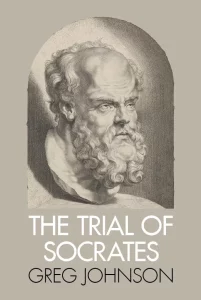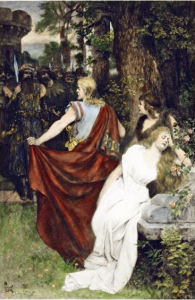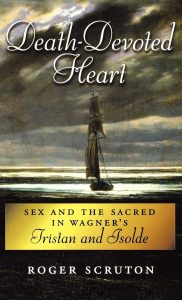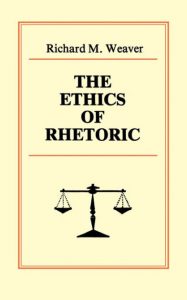
Kristian Zahrtmann, Socrates and Alcibiades, 1911 (Source: Wikimedia Commons)

Kristian Zahrtmann, Socrates and Alcibiades, 1911 (Source: Wikimedia Commons)
2,356 words
Part 7 of 7 (Part 1 here, Part 2 here, Part 3 here, Part 4 here, Part 5 here, Part 6 here)
Having established that the true self is the soul and defended philosophical dialogue as the best path to self-knowledge, Socrates wraps up his argument.
Statesmanship & Moderation (more…)






